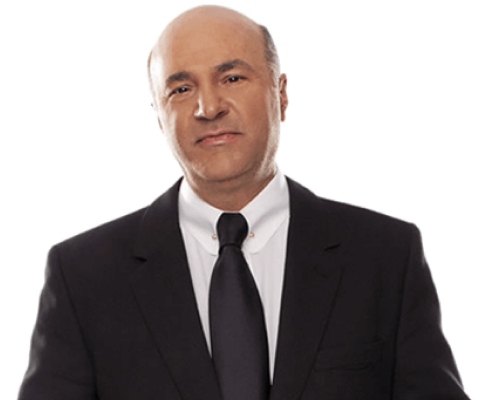Confusing Marks
NARRATOR: Laura wants to create a website that will allow people to socialize, exchange photographs, and see people's status online. Laura filed a trademark application for BACEFOOK. 6 months later she received a letter from the Trademarks Office.
LAURA: Your trademark application is refused registration because it is considered confusingly similar to an existing registration for FACEBOOK. I have to see someone from Trademark Factory.
LAURA: Thank you for agreeing to meet me. I don't understand what I should do with this letter. Can you help me to respond?
TRADEMARK FACTORY: Your trademark is refused because the Examiner thinks your application is similar to FACEBOOK registration.
LAURA: But it's not, the first and fifth letters are different!
TRADEMARK FACTORY: The likelihood of confusion is determined through the eyes of an average consumer who has seen one mark
TRADEMARK FACTORY: and then, at a later time sees the other mark
TRADEMARK FACTORY: So the question is, will such consumer, without spending a significant amount of time on research, think that the two marks indicate that the products or services marked with these brands come from the same source.
LAURA: So you are saying that people might think that Bacefook is the same thing as Facebook?
TRADEMARK FACTORY: Yes, or that Facebook owns both Facebook and Bacefook, which is not true.
LAURA: I didn't know that. I thought, as long as my mark is different it would not be confusing with FACEBOOK.
TRADEMARK FACTORY: It's not quite that simple. The test of confusion is one of the first impressions. Consumers may be aware of one trademark, but imperfect recollection may cause them to mistake that mark for another.
TRADEMARK FACTORY: Let me give you an example: Let's say you have been buying vitamins that are called MULTIVIMS. Sometime later, when strolling in a shopping mall, you notice a store that sells vitamins. You come to the store window and you notice vitamins that look familiar to you. They are called MULTIVITE. You mistakenly believe that these are the vitamins you bought before, or that the same company produces these particular vitamins.
LAURA: Oh, I see now.
TRADEMARK FACTORY: This is exactly what the Trademarks Office is trying to prevent. So, they are protecting the owner of the first-filed application and they are also protecting consumers. What this means is that the longer you wait before you decide to file your trademark, the greater the risk that your mark is rejected because of another confusingly similar mark that may be filed before yours.
TRADEMARK FACTORY: So, let's look at a couple more examples:
TRADEMARK FACTORY: TSAREVITCH, for alcoholic beverages, was found to be confusing with the mark TOVARICH for the same wares because most English-speaking vodka drinkers might not notice a huge difference between the two brands.
TRADEMARK FACTORY: In a recent case that went all the way to the Supreme Court of Canada, MASTERPIECE LIVING for retirement living was found confusing with MASTERPIECE.
LAURA: I see. What does the Trademarks Office look at when deciding that the marks are confusing or not confusing?
TRADEMARK FACTORY: They look at a number of things, if the marks look similar if they sound similar if they mean similar things, and so on. It's best to leave arguments to trademark professionals: lawyers and trademark agents.
LAURA: That's why I'm here. I want to pick a good mark that's not confusing.
TRADEMARK FACTORY: You came to the right place. We will help you. You should also watch our cartoon, how to select a great trademark.
LAURA: I will surely do that! Thank you!












